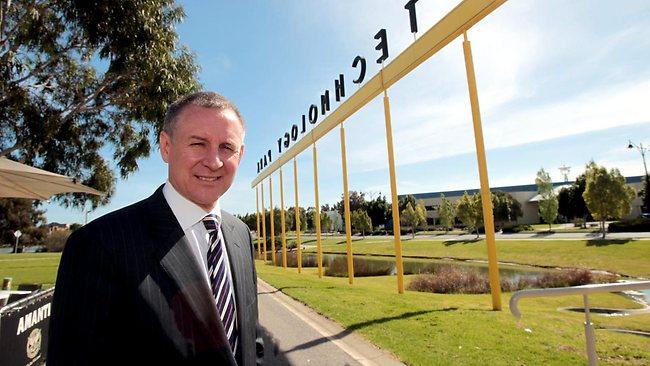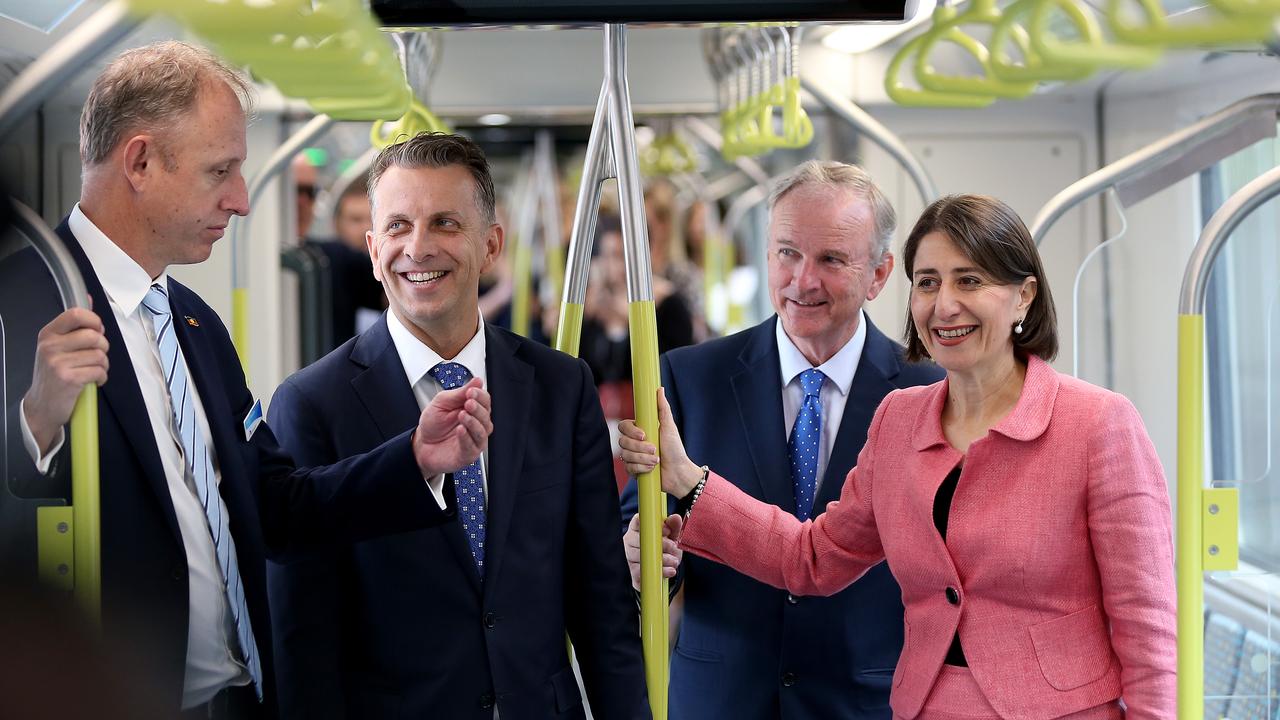Plea to stock fleets with local cars falls on deaf ears
A PUSH by South Australia and Victoria to convince other states to buy more Australian cars has received a cool response.

A PUSH by South Australia and Victoria to convince other states to buy more Australian cars to prop up the local manufacturing industry has received a cool response from Queensland and NSW.
South Australian Premier Jay Weatherill and Victorian Premier Denis Napthine co-authored a COAG agenda item to encourage all governments to set a target that the majority of their respective fleets were Australian-made. "The car manufacturing industry remains economically important to Australia's future," Mr Weatherill said.
Queensland Premier Campbell Newman is understood to have told the meeting that there was no assistance for Queensland's tourism industry, which had been hit hard by the high dollar.
Speaking at a press conference after the meeting, Mr Newman said Queensland hadn't bought any cars since he took office but future purchases would be based on the best value on the day.
"We make no apology for saving money for the Queensland taxpayer," Mr Newman said.
NSW Premier Barry O'Farrell said NSW had halved the number of vehicles it had bought.
"That combination with the high Australian dollar clearly has had an impact," Mr O'Farrell said.
He said ultimately the decision for the NSW taxpayer would come down to value for money.
West Australian Premier Colin Barnett said 43 per cent of the WA government purchases were Australian-made vehicles.
He said his government would "work hard" to get that above the 50 per cent mark.
The COAG communique said the automotive manufacturing industry remained important to Australia's economic future.
South Australia and Victoria had committed to providing further information about the competitiveness of domestically produced vehicles so the commonwealth, states and territories could investigate aligning their government fleet vehicle procurement policies (including those of government departments, agencies and statutory authorities) to purchase Australian-made passenger vehicles as often as possible.
Dr Napthine said the Victorian government wanted to encourage more "proactive purchasing" for domestic vehicles.
Mr Weatherill said the automotive industry directly employed about 48,500 people and another four to six people were employed in supporting industries for every direct automotive job.
The move came after Holden last week announced it would cut jobs because of falling sales.
Holden managing director Mike Devereux, in announcing the cuts, described competition in the car market as "brutal", saying the move was about preserving the company's two key products, the Commodore and the Cruze, which have both lost market share.
The company is cutting production at its Elizabeth production line from 88,000 units a year to 74,000, with the loss of 400 of its 2000 production staff.
Last week, former Ford president Jac Nasser said the demise of the struggling carmaking industry appeared inevitable in the face of a high dollar and excess capacity.


